Our ingredients
When it comes to healing, care and well-being, the effectiveness and compatibility of
natural ingredients and proven additives are Sunnacura’s top priority.
We show you what's inside
Fenugreek
Fenugreek (Trigonella foenum-graecum) leads
to a reduction of blood sugar levels due to a special amino acid (4-hydroxyisoleucine) and thus has an anti-diabetic effect.
This has so far only been discovered in fenugreek. In addition, the saponins contained in fenugreek lower the cholesterol level in the blood.
According to current studies, regular intake of fenugreek-extract in diabetes type 2 patients shows a significant reduction in fasting blood glucose levels and long-term blood glucose levels HbA1c.
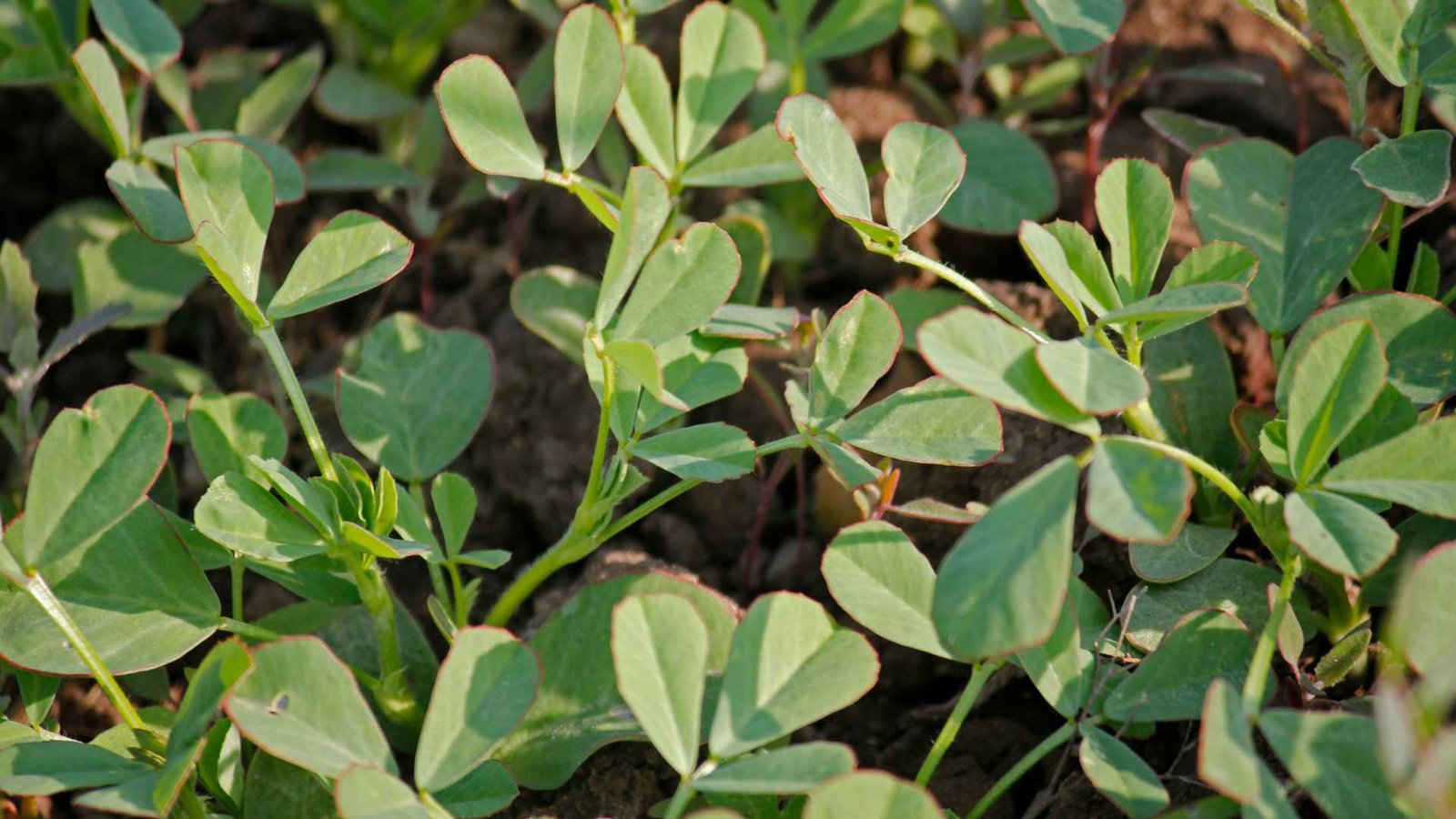

Effect of fenugreek on hyperglycaemia and hyperlipidemia in diabetes and prediabetes: A meta-analysis.
Journal of Ethnopharmacology, 133(2), 412-419.
Turmeric
On the one hand, curcuminoids improve the insulin sensitivity of the cells, so that more blood sugar can be absorbed from the blood into the cells. On the other hand, studies prove a preventive diabetes component.
Researchers agree that regular intake of turmeric reduces the risk of developing diabetes mellitus.
According to research projects, known secondary diseases such as polyneuropathies (nerve pain, "burning feet"), eye diseases (glaucoma) and kidney insufficiency can be significantly less pronounced through long-term intake of curcumin.
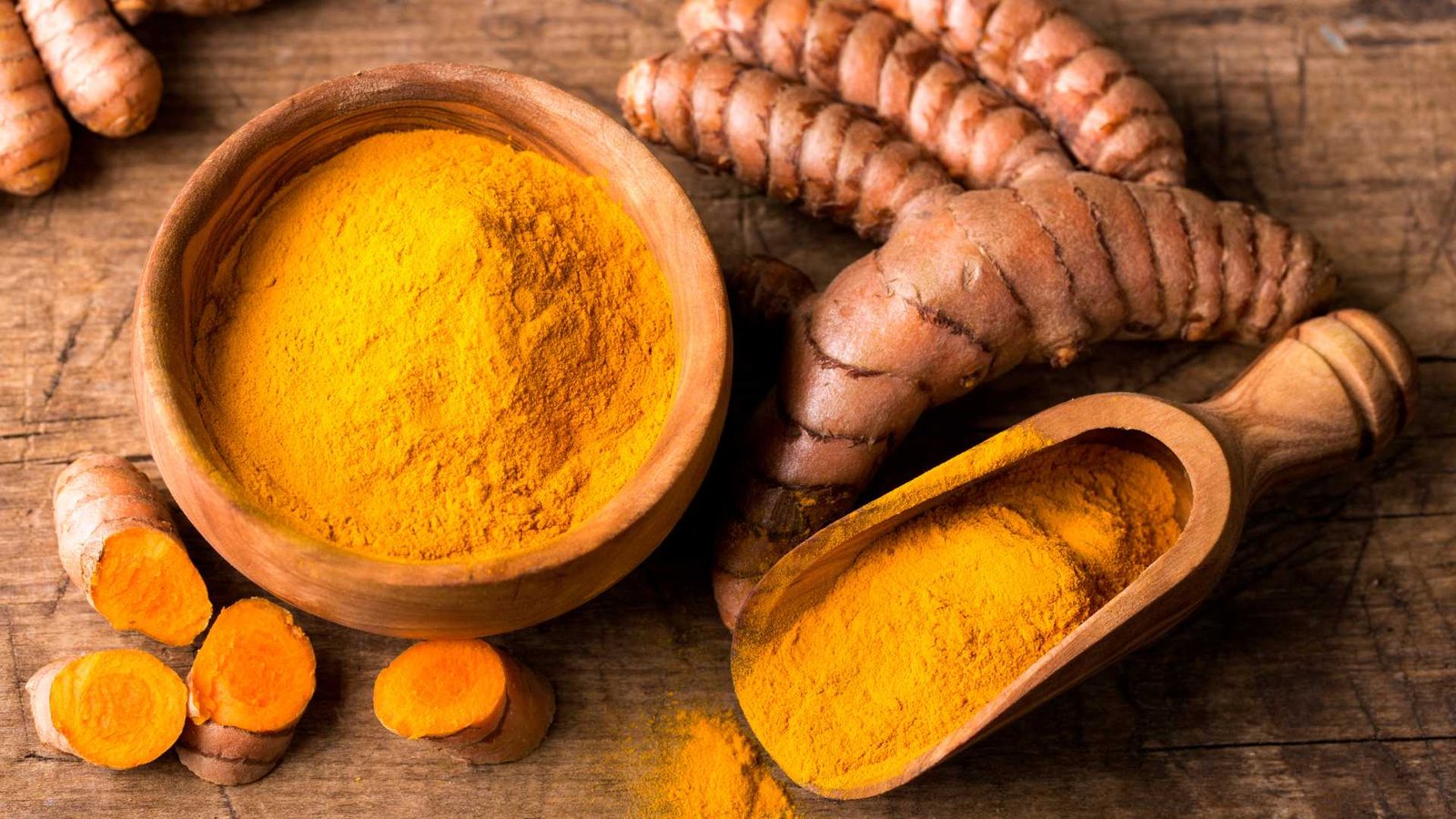

Olives
In addition to its antioxidant, antibiotic and anti-inflammatory properties, olive leaf extract is also said to have blood pressure-lowering and metabolism-regulating properties. Furthermore, taking it strengthens the immune system. However, it is also particularly effective for various allergies, skin diseases such as neurodermatitis and psoriasis, as well as cardiac arrhythmias and arthrosis.
As a natural blood sugar reducer, according to an Iranian study, regular and permanent intake should have the same effect as an oral antidiabetic.
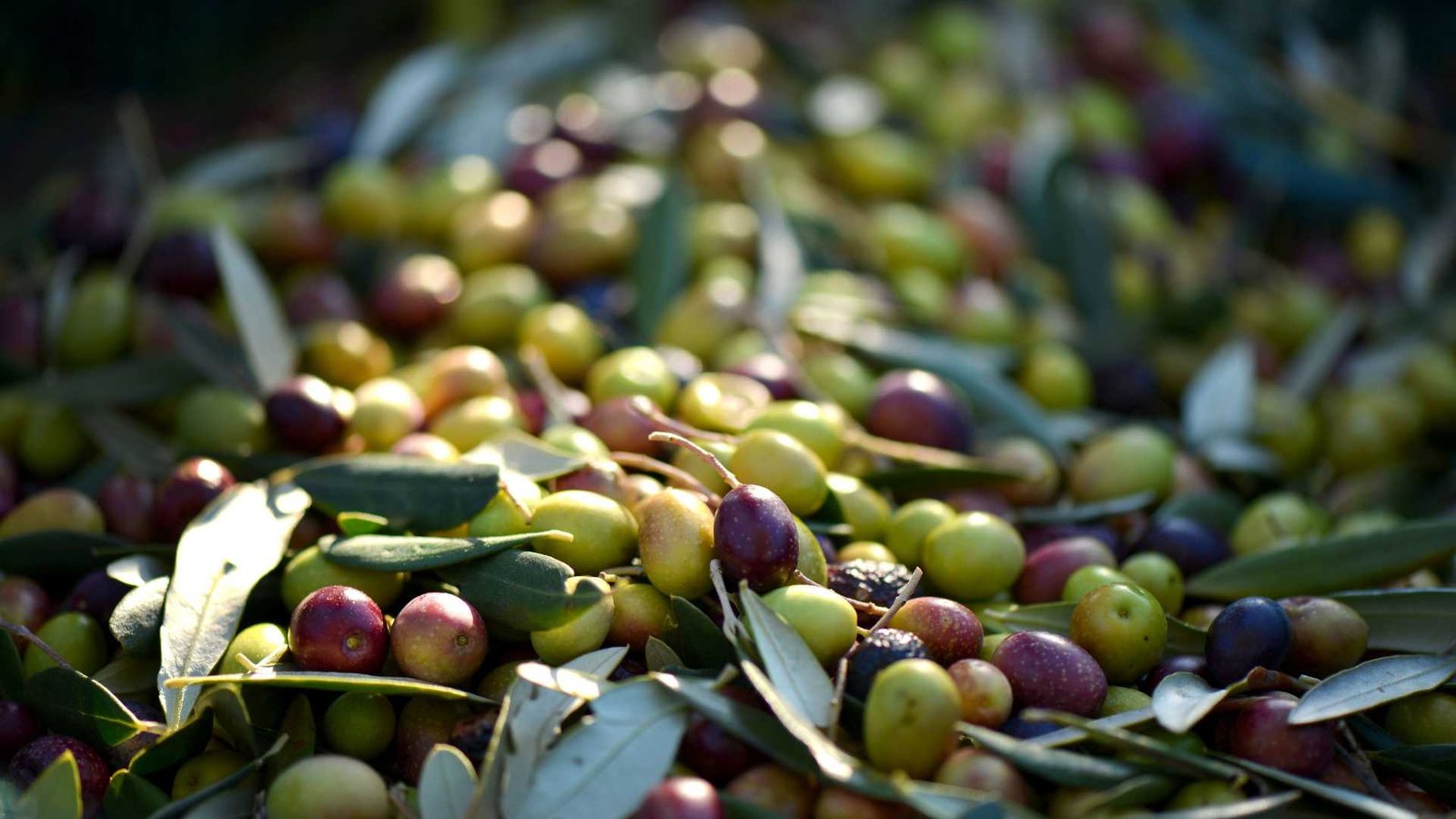

Antidiabetic effect of Olea europaea L. in normal and diabetic rats, Affiliations expand PMID: 18844257, DOI 10.1002/ptr.2629
Ginger
According to scientific studies, ginger also helps to support the absorption of sugar into the muscle cells independently of insulin. into the muscle cells independently of insulin, thus lowering blood sugar. The gingerols that act here, which give ginger its pungency, help to channel glucose into the cells quickly and effectively as a bioactive substance.
Further studies showed a reduction of the long-term blood sugar HbA1c in diabetics with regular consumption of ginger. In these studies, ginger was also taken as an extract.
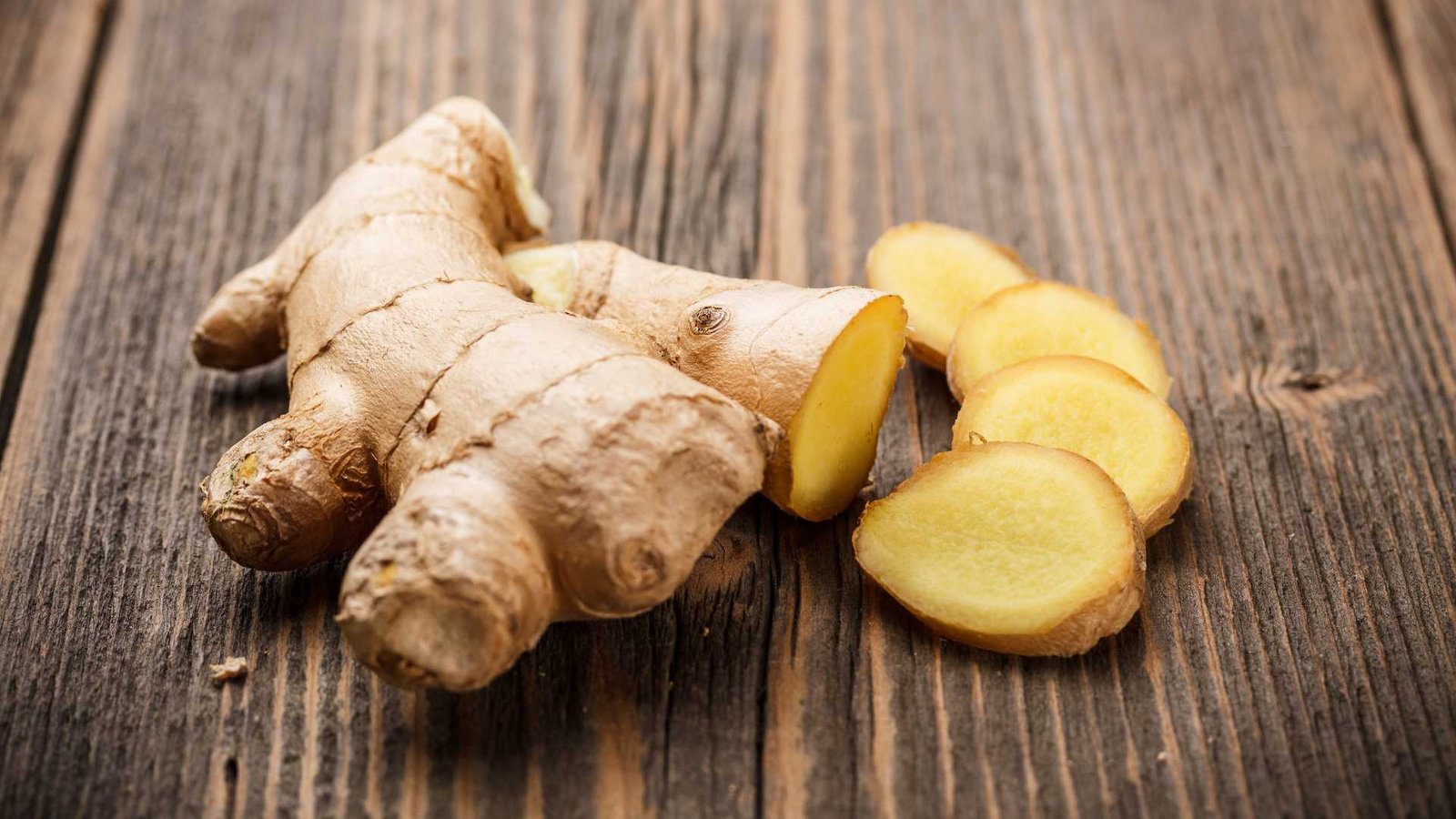

Huang, F. Y., Deng, T., Meng, L. X., & Ma, X. L. (2019).
Dietary ginger as a traditional therapy for blood sugar control in patients with type 2 diabetes mellitus.
Medicine, 98 (13), e15054.www.doi.org/10.1097/md.0000000000015054
Hibiscus
The active substances contained in hibiscus, polyphenols, organic acids, anthocyanins as well as essential oils have a positive effect on the cardiovascular system. Studies show that hibiscus had a stronger effect on systolic blood pressure and was thus able to lower it. The effect is even similar to a drug therapy. Another positive effect is the sustained lowering of cholesterol.
Hibiscus is an all-rounder: it contains vitamin C, antioxidants that strengthen the immune system and soothe the mucous membrane.


Effects of aqueous extract of Hibiscus sabdariffa on the renin-angiotensin-aldosterone system of Nigerians with mild to moderate essential hypertension: A comparative study with lisinopril, Indian J Pharmacol.
2015 SepOct;47(5):540-5. doi: 10.4103/0253-7613.165194
Hawthorn berries
The flavonoids contained here have an effect on the human cardiovascular system. It promotes blood circulation and regulates blood pressure, as well as having a positive effect on heart complaints such as cardiac arrhythmia, feelings of pressure or anxiety. It also has a relaxing effect on nervousness and restlessness. Hawthorn also improves the ability to fall asleep and sleep through the night.
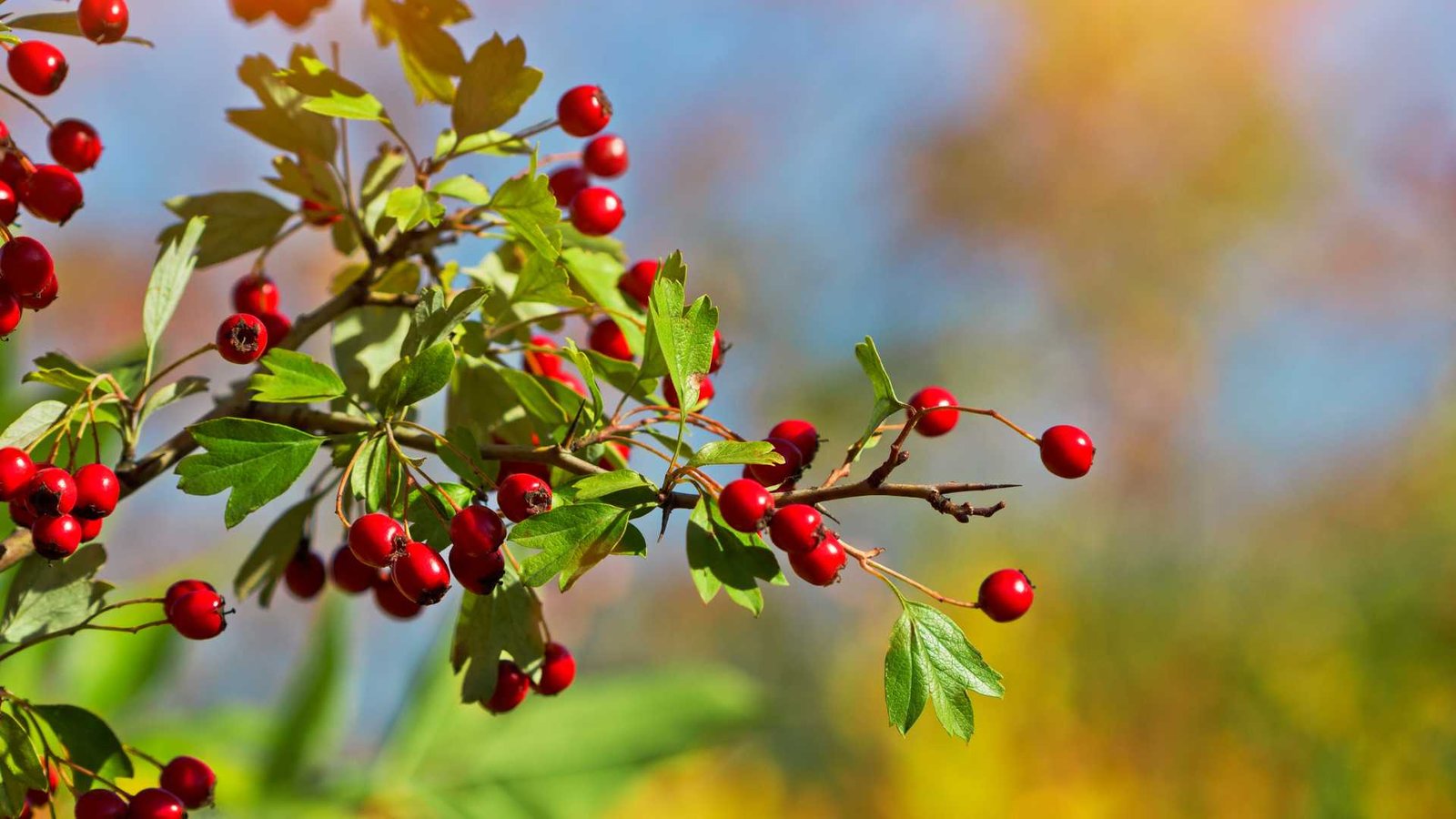

Efficacy and safety of Crataegus special extract WS 1442 in patients with heart failure: the SPICE trial by P. M. Willich et al., published in European Journal of Heart Failure in 2007. This study investigated the efficacy and safety of hawthorn special extract WS 1442 in patients with heart failure and also reported a reduction in blood pressure.
"Crataegus special extract WS 1442 in comparison with enalapril for treatment of hypertension: a randomized controlled trial" by P. M. Willich et al. published in Phytomedicine in 2008. This study investigated the efficacy of hawthorn special extract WS 1442 in comparison with enalapril in the treatment of hypertension.
Cinnamon
Scientific studies have shown that ingredients of cinnamon influence the blood sugar level and increase the release of the hormone insulin. insulin. In addition, the fatty tissue, the muscles and the liver are stimulated to react more sensitively to insulin and to absorb more glucose. The plant substance MHCP contained in cinnamon is responsible for lowering high blood pressure.
A study confirmed the reduction of blood sugar by 18 up to 29% with regular intake of cinnamon extract. A grateful side effect is the lowering of various blood lipids by up to a maximum of 30%.


Khan A, Safdar M, Ali Khan MM, Khattak KN, Anderson RA.
Cinnamon improves glucose and lipids of people with type 2 diabetes.
Diabetes Care. 2003 Dec;26(12):3215-8.
Anderson RA, Broadhurst CL, Polansky MM, Schmidt WF, Khan A, Flanagan VP, Schoene NW, Graves DJ.
Isolation and characterization of polyphenol type-A polymers from cinnamon with insulin-like biological activity.
J Agric Food Chem. 2004 Jan 14;52(1):65-70
Cardamom
Cardamom has been shown in many studies to have a blood pressure lowering effect. A very well-known and impressive scientific paper on this was published in the Journal of Biochemistry and Biophysics in 2009. Here it could be shown that the blood pressure could be demonstrably lowered with regular cardamom extract intake.


Blood pressure lowering, fibrinolysis enhancing and antioxidant
activities of cardamom (Elettaria cardamomum).
Indian J Biochem Biophys. 2009 Dec;46(6):503-6.
Black cumin
Whole books could probably be filled about the effects of black cumin. In the Arabic, Indian and Chinese traditions, black cumin is considered THE remedy. It is rich in unsaturated fatty acids (linoleic acid), vitamins and their precursors. It also contains minerals such as copper, zinc, phosphorus and iron. The secondary plant substances (saponins), tannins and essential oils are also important components of this plant.
Thymoquinone and thymohydroquinone contribute as active ingredients to a scientifically confirmed antibacterial and germicidal effect. Further research has shown positive effects on lowering blood sugar and cholesterol levels, as well as on gastrointestinal complaints and gastritis.
In summary, the following health-promoting effects of black cumin can be proven:
- against fungi, bacteria and parasites
- anti-inflammatory
- antioxidant
- Effective against cancer cells
- Blood sugar lowering
- Strengthening the immune system
- magen-, nieren- und leberschützend
- nerve-protective
- antispasmodic
- antihypertensive
- analgesic
- bronchodilator
- effective against allergies (anti-allergic)


Ahmad, A. et al.:
A review on therapeutic potential of Nigella sativa: A miracle herb.
Asian Pac J Trop Biomed. 2013 May; 3(5): 337–352.
Mahdavi R, Namazi N, Alizadeh M, Farajnia S.
Effects of Nigella sativa oil with a low-calorie diet on cardiometabolic risk factors in obese women: a randomized controlled clinical trial.
Food Funct. 2015 Jun;6(6):2041-8. doi: 10.1039/c5fo00316d. PMID: 26029855.
Peter, K.V.: Handbook of herbs and spices, Volume 2, WP Woodhead Publishing, Second Edition, 2012

